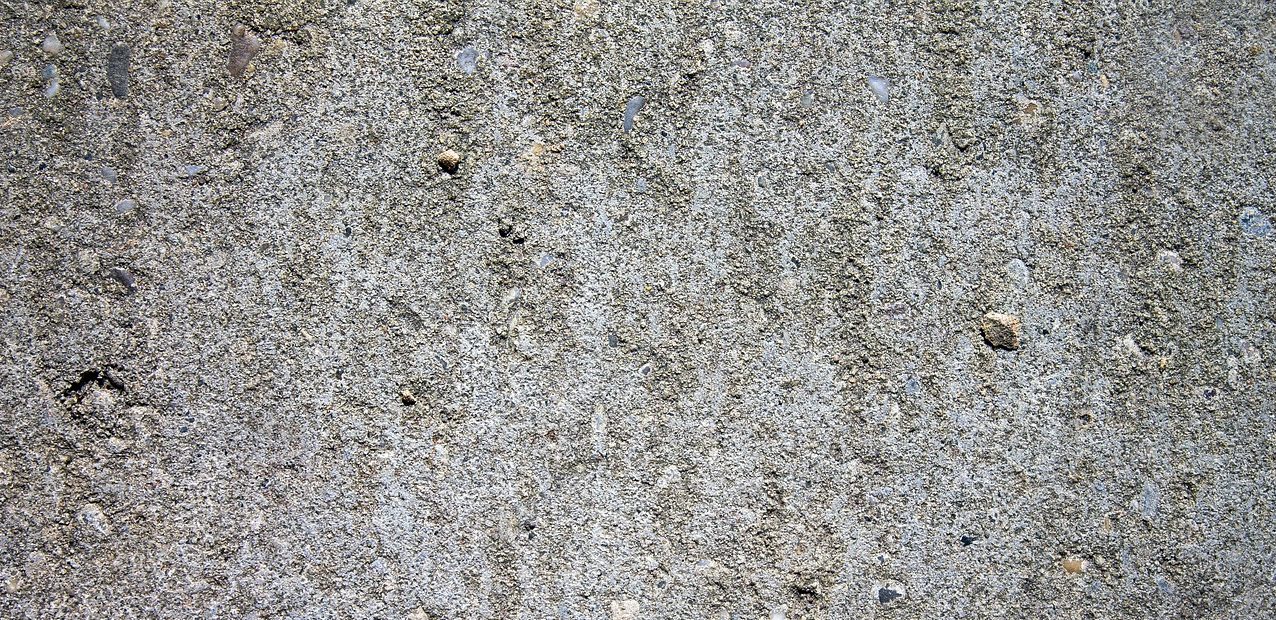
Concrete
Concrete Nashville, TN
For some projects in Nashville, TN, concrete is the best application. Here, we talk more about concrete – what it is made of, how it is used, and what you need to know when deciding if a concrete solution is right for you.
In its simplest form, concrete is a mixture of paste and aggregates. The paste, composed of portland cement and water, coats the surface of the fine and coarse aggregates. Through a chemical reaction called hydration, the paste hardens and gains strength to form the rock-like mass known as concrete.
Within this process lies the key to a remarkable trait of concrete: it’s plastic and malleable when newly mixed, strong and durable when hardened.
Concrete’s durability, strength and relatively low cost make it the backbone of buildings and infrastructure worldwide—houses, schools and hospitals as well as airports, bridges, highways and rail systems. The most-produced material on Earth will only be more in demand as, for example, developing nations become increasingly urban, extreme weather events necessitate more durable building materials and the price of other infrastructure materials continues to rise.
Even construction professionals sometimes incorrectly use the terms cement and concrete interchangeably. Cement is actually an ingredient of concrete. It is the fine powder that, when mixed with water, sand, and gravel or crushed stone (fine and coarse aggregate), forms the rock-like mass known as concrete.
The Forms of Concrete
Concrete is produced in four basic forms, each with unique applications and properties.
Ready-mixed concrete, far the most common form, accounts for nearly three-fourths of all concrete. It’s batched at local plants for delivery in the familiar trucks with revolving drums.
Precast concrete products are cast in a factory setting. These products benefit from tight quality control achievable at a production plant. Precast products range from concrete bricks and paving stones to bridge girders, structural components, and wall panels. Concrete masonry another type of manufactured concrete, may be best known for its conventional 8-by-8-by-16-inch block. Today’s masonry units can be molded into a wealth of shapes, configurations, colors, and textures to serve an infinite spectrum of building applications and architectural needs.
Cement-based materials represent products that defy the label of “concrete,” yet share many of its qualities. Conventional materials in this category include mortar, grout, and terrazzo. soil-cement and roller-compacted concrete —”cousins” of concrete—are used for pavements and dams. Other products in this category include flowable fill and cement-treated bases.
A new generation of advanced products incorporates fibers and special aggregate to create roofing tiles, shake shingles, lap siding, and countertops.
Paving with Concrete in Nashville, TN
Concrete pavements have been a mainstay of America’s infrastructure for more than 50 years. The country’s first concrete street, built in Bellefontaine, Ohio, in 1891, is still in service today. Moreover, these long-lasting concrete pavements are not confined to one region of North America, nor to a specific type of environment or climate. Concrete can handle the freezing winters of the Upper Peninsula of Michigan to the scorching heat of the Southwest.
While concrete pavements are best known as the riding surface for interstate highways, concrete is a durable, economical and sustainable solution for state highways, rural roadways, residential and city streets, intersections, airstrips, intermodal facilities, military bases, parking lot construction, and more.
Regardless of the type of roadway or current pavement conditions, there is a concrete solution. Concrete can be used for new construction, new pavements, reconstruction, resurfacing, restoration, or rehabilitation.
Benefits of Concrete
- Long life – Concrete pavements have an average service life of 30 to 50 years.
- Low maintenance requirements and costs – No need for repeated resurfacing, frequent spot repairs or patching with concrete.
- Smoother traffic flow – The construction of concrete pavements does not require lengthy lane closures.
- Quick reopening – Roads can be reopened in as short as six hours.
- Low life-cycle cost – Consumes minimal materials, energy, and other resources for construction, maintenance, and rehabilitation activities throughout its service life.
- Safety – Less susceptible to the formation of heavy-vehicle wheel ruts; easier to see at night; ensures shorter vehicle stopping distances in wet weather; due to longevity, there are fewer work zones over the life of the pavement.
New Construction & Concrete Repair in Nashville, TN
Lone Star Paving is equipped to perform repairs for concrete slabs, sidewalks, and curbs, as well as new construction. Lone Star provides tailored job management to meet your specific asphalt and concrete needs in Nashville, TN, Middle Tennessee and the Southeast United States.
